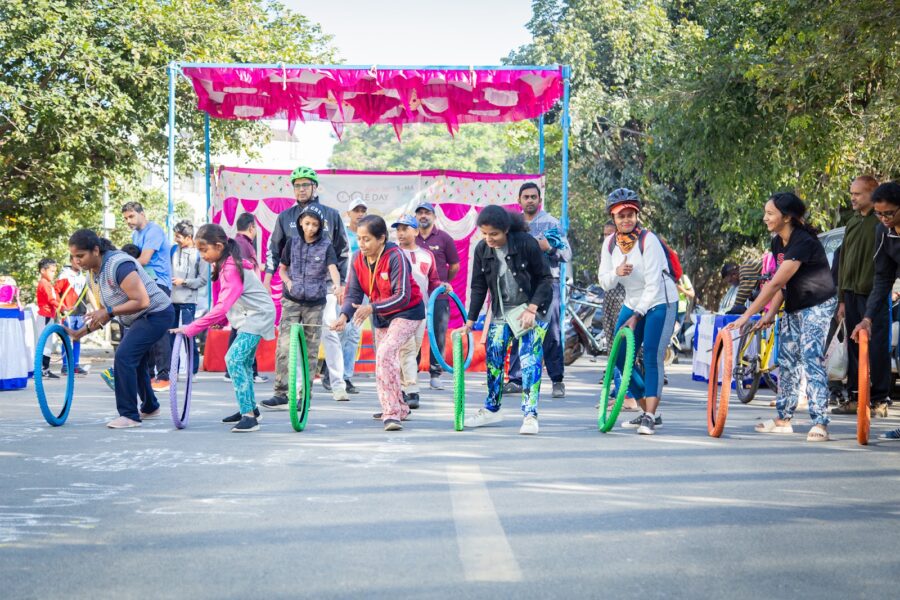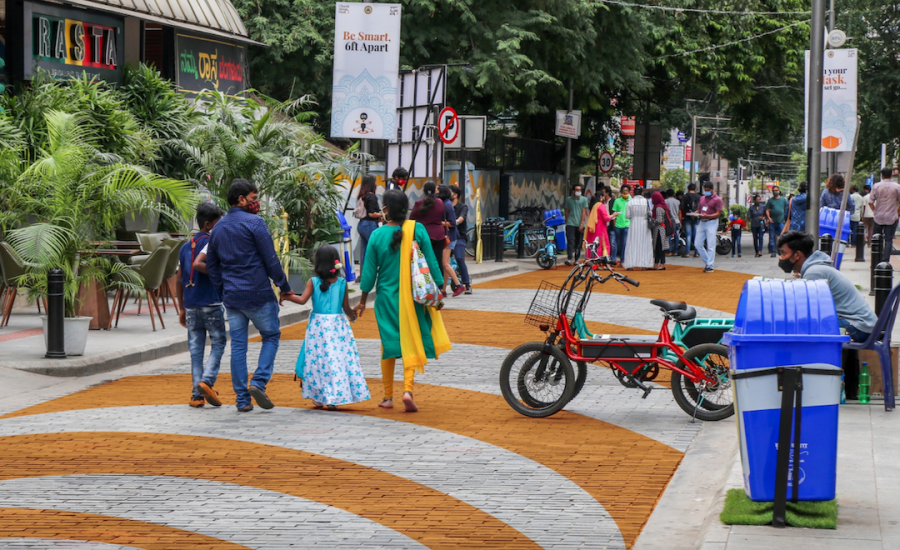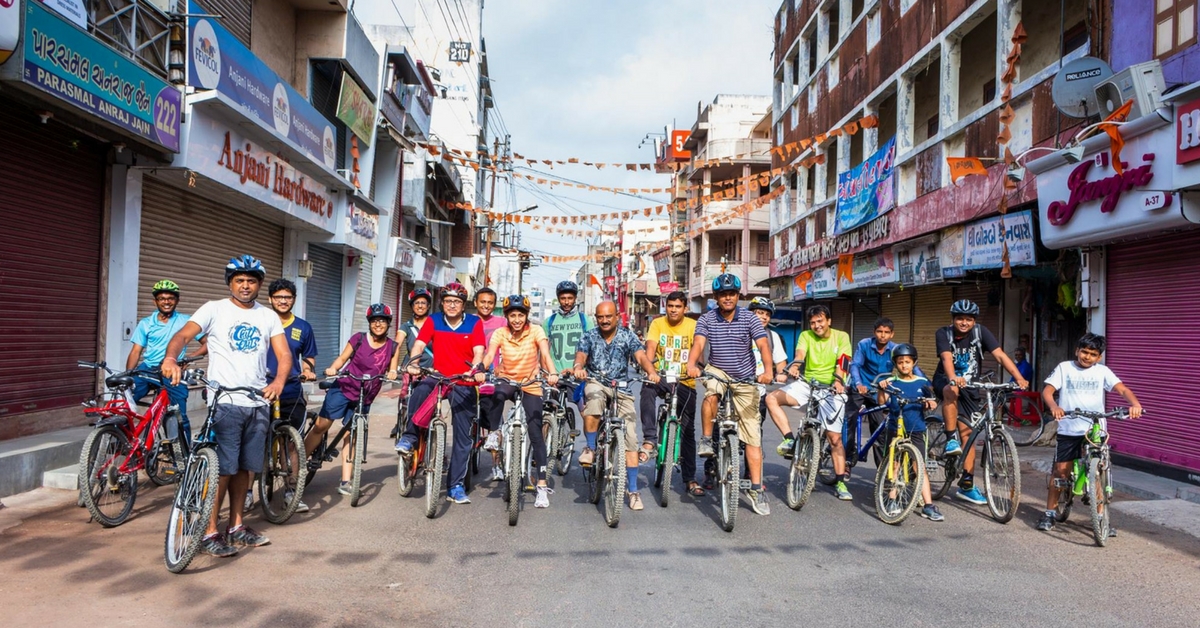Sustainable Mobility Network

The Sustainable Mobility Network (SMN) is a collective of organisations in India working together towards the vision for adopting the triple zero approach – ‘Zero Emissions, Zero Exclusion, and Zero Road Deaths’. Alongside BYCS India Foundation are Council for Active Mobility, Jhatkaa, ITDP, YLAC, The Urban Catalyst, and others.
This group aims to tackle global challenges now at breaking point in Indian cities – air pollution due to exhaust fumes, and unsafe streets due to traffic collisions. Both of these severely impact urban health, particularly for vulnerable populations like the young and elderly. BYCS’ expertise within the SMN presents a pathway for human-centric cities, starting by strengthening grassroots cycling cultures and enabling communities to lead the change they want to see.
Theory of Change
In each active city, BYCS are working closely with partner organisations to empower new voices for sustainable mobility, generate consistent media attention around activations, and push key policy changes that introduce measures to disincentivise private car use, improve public transport, and help cities re- allocate street space.
This is implemented on the ground via a network of volunteers, often activated through the Bicycle Mayor Network members carrying out community engagement events throughout cities, encouraging behavioural shifts towards walking and cycling for short trips, and promoting awareness about the benefits of active transportation.
Project Timeline
2021
The “My 15 Min City” campaign, is initiated with over 1500 signatures within 6 months.
12 in-person community engagement events are launched across the country involving over 700 people.
2022
In Delhi programmes were implemented for cycle commute training sessions and school cycling advocacy for children.
In Chennai initiatives supported municipal planning and development work including knowledge capacitation on traffic calming and school streets.
In Bengaluru the network campaigned to pass the Active Mobility Bill in regional government, receiving over 4400 signatures.
In Karnataka state, a slow streets initiative pas spear-headed in partnership with the Directorate of Urban Land Transport, with 150 potential slow street locations mapped.
2023
Project Case Study - Slow Streets Bengaluru
In 2022 the Sustainable Mobility Network implemented a project to raise public awareness of, and stakeholder interest in, executing Slow Streets in Bengaluru. This started with pop-up roadshow events throughout the city, conducting an in person survey to gather data as well as petition signatures for the transformation of streets into Slow Streets. Key topics were selected to capacitate the population on the benefits of these urban interventions and a small communications campaign was conducted to raise awareness.
Once the data was mapped and locations selected, 5 pilot streets were transformed into slow travel and pedestrian zones. The activity that occurred during the month that these pilots were in operation was observed and analysed, before being developed into a toolkit for the city to use in other areas.
BYCS supported this project with technical assistance, and creation of communications tools.
You can read a full writeup of this project here:

The Sustainable Mobility Network is continuing to work throughout India to improve the quality of urban life through clean and healthy tranportation. If you would like to speak with BYCS about the opportunity of working with or supporting this project please get in touch.
Email BYCS Projects & Programmes Sustainable Mobility Network

